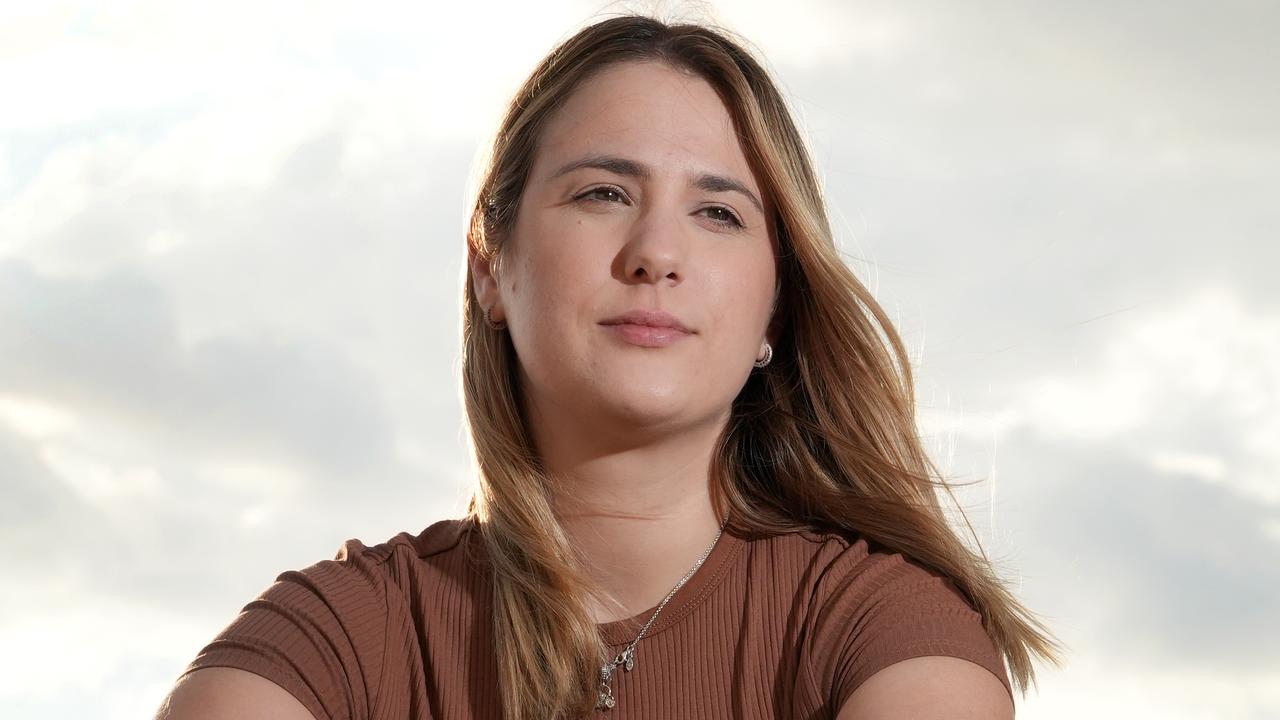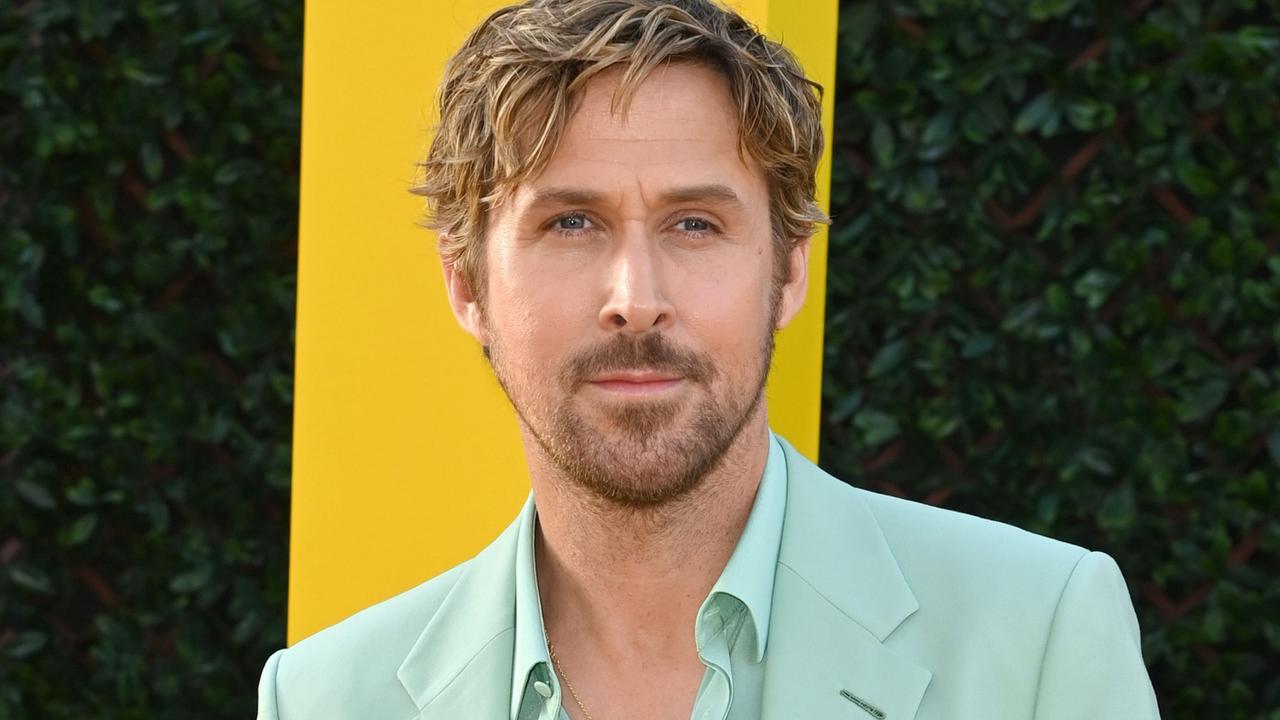Sick as a Dog: Dark cloud hangs over veterinarians’ ‘dream career’
It’s a job everyone agrees is important and momentum is finally growing to address its decades-old crisis.
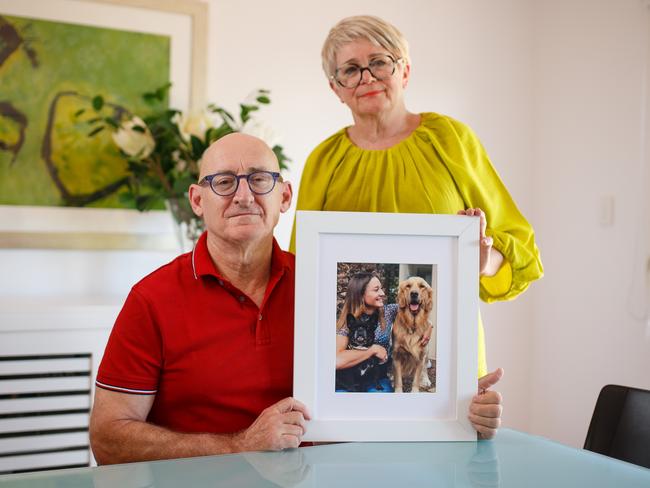
SA Weekend
Don't miss out on the headlines from SA Weekend. Followed categories will be added to My News.
It is hard to put a value on what animals bring to our lives or, at times, to even be truly cognisant of the many ways they do.
But as I sit back on a quiet morning, sip my milky coffee, listen to the birds chirp in my backyard, and dutifully give my dog a bum scratch when he presents his hind in my direction, I am reminded of just how essential they are.
Whether it is affection from a pet, enjoying the tranquillity of wildlife, consuming the produce that comes from livestock, or spending a day at the races, we rely on animals for comfort, pleasure, food and entertainment, and that means we rely on veterinarians to keep them well.
Dr Oliver Liyou has been doing just that for 30 years.
But when he signed up to save lives, he didn’t know it would be him and his colleagues who would need saving.
“I’ve never lost a friend in a car accident. I’ve never lost a friend to cancer. But I’ve lost seven vet friends to suicide,” he tells me, visibly moved as he says that number out loud.
Then he recounts a time in 2004 when that was almost him.
“I ended up in a coma for five days in ICU and miraculously made a full recovery. I wasn’t meant to die,” Liyou says.
At the time he was trying to “juggle a rapidly expanding business, stay a good husband and parent, and have some sort of sanity”.
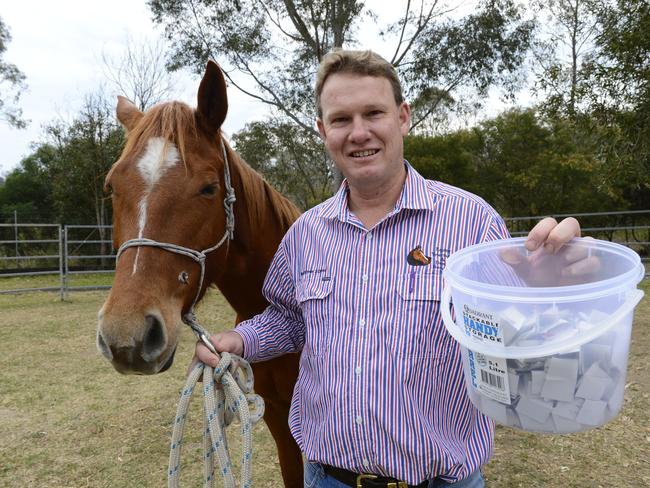
He chose to stay working as an equine vet and running his business, and now also raises awareness of mental health issues in the industry and focuses on the next generation.
“I love my work, I love the profession, I love my colleagues … that’s what keeps me going because I see these guys come through our workshops, they’re incredibly talented young kids,” Liyou says.
This is the dark cloud that hangs over the veterinary profession, here and around the world, and has done so for decades.
The most relied upon figure (albeit 15 years old) is that one Australian veterinarian dies by suicide every 12 weeks.
Burnout and quitting are common, staff shortages are severe, and abuse from clients is persistent.
The hours are long, the pay is below par, and the public good vets do for animals is undervalued and underestimated and under resourced.
Over the past two years, I have been investigating why it is happening and what is being done to fix it.
I have found myself asking if the cry for help is finally being heard?
And from speaking to people inside and outside the profession, I have been buoyed by the answer.
Garry and Kate Putland
Sophie Putland’s parents (Adelaide, SA)
Dr Sophie Putland was a young, passionate vet who took her life in September 2021, after the mental toll of the profession became too much.
She was 33 years old.
Her parents smile as they remember their daughter’s love of animals from a young age and “fierce determination” as she embraced a career as a vet.
“She just pushed herself and went that extra mile with everything. I always wanted my kids to have a focus on where they wanted to end up and to have drive, and she had it in spades,” Kate recalls.
Sophie was among the first group to graduate from Adelaide University’s Veterinary Science course at the Roseworthy Campus in 2013.
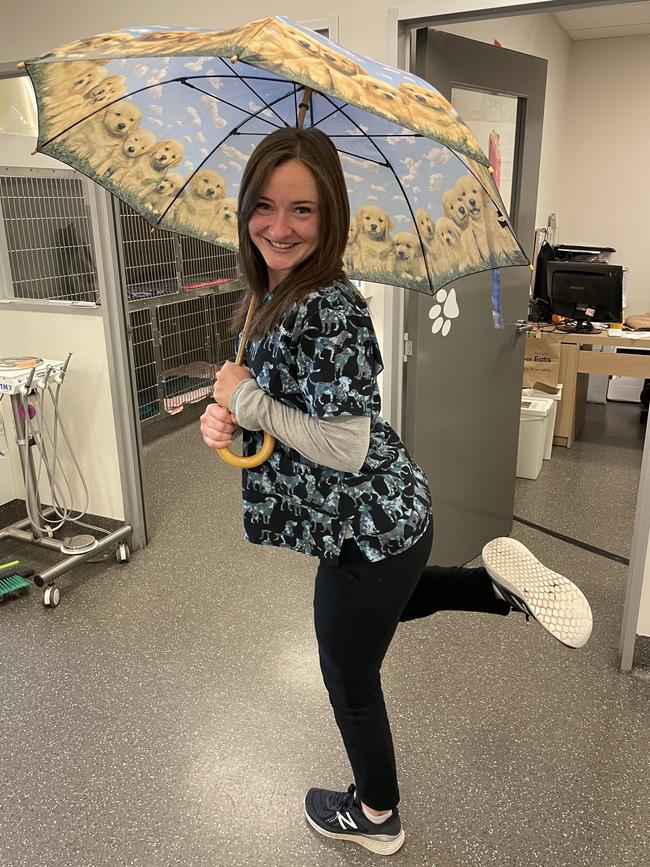
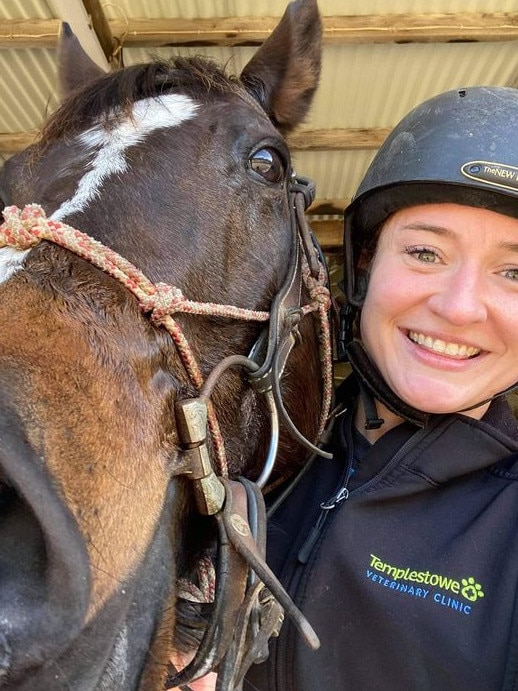
She worked at emergency hospitals and small animal clinics in Adelaide and then Melbourne, but Garry says she struggled with the pressures and the many issues that come with being a vet, and they weighed heavily on her mental health.
On the Monday before she died, Sophie had faced a tirade of verbal abuse from a pet owner at a clinic in Melbourne, where she was a locum.
Her father says she was “distraught” when he spoke to her that evening.
The abuse, together with the 10-plus hour days, understaffing, and the unrealistic pressure from clinics and clients, had pushed her to breaking point.
“On the Tuesday, her very last words to me were ‘I love you Dad’ and it was so heartfelt,” Garry says, as he wipes tears from his eyes.
“I knew, I just knew, but I did not think she was going to do anything like that.”
Sophie’s experiences are not unique. From client abuse, long hours and staff shortages to bad workplace culture, poor pay, compassion fatigue and the stress of doing multiple euthanasias – the issues are rife across the profession.

Despite their grief and broken hearts, the Putlands created Sophie’s Legacy to help stem the shocking suicide rate in the profession and campaign for change in the industry.
In May 2023, they launched a national education campaign – We’re Only Human – focused on encouraging pet and animal owners to be kind, respectful and understanding of the massive pressures impacting veterinary staff.
Their advocacy couldn’t come at a better time. Thanks to the pandemic pet boom, almost 70 per cent of Australian homes now have a furry or scaly friend under their roof. There are 15,000 vets to look after 30.4 million pets, and that doesn’t include horses, wildlife or livestock.
But the attrition rate is dire.
A survey by Professionals Australia in 2022 found 30 per cent of vets planned to leave the industry within five years and 10 per cent were actively looking to leave immediately.
Vets are struggling to keep up with the demand, and some clinics have closed their doors permanently, particularly in regional and rural areas where the shortage is acute.
But it is not just veterinarians who are struggling.
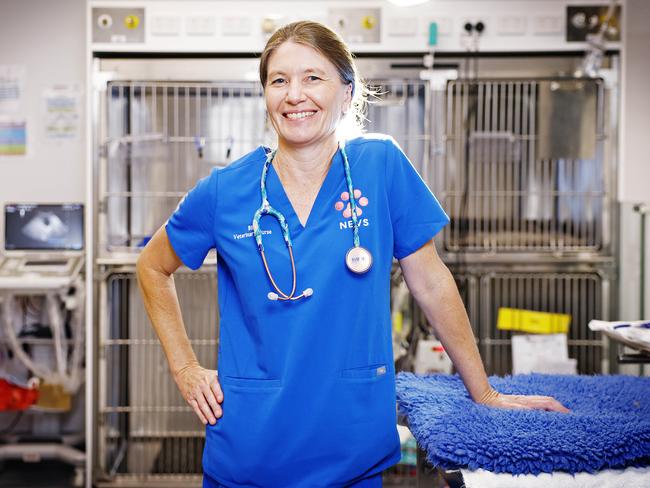
Billinda Schipp
Vet nurse and TAFE lecturer (Sydney/Northern Tasmania)
Billinda Schipp has been a vet nurse for 31 years and her commitment to the profession, future nurses and animals is quite phenomenal.
She loves what she does so much, she spends half her week in northern Tasmania with her family and menagerie of adopted animals, and the other half in Sydney working night shift at an emergency animal hospital and teaching veterinary nursing at TAFE during the day.
“I still tell (my students) it’s the best job in the world because I do believe it is,” she says.
“I remind them that you need to go looking for opportunities in our industry … you need to prove yourself … you can’t just stop at becoming qualified.”
Schipp backs up her talk with action and is also studying at university in her spare time, to be a veterinary technician.
But she is pragmatic and not one to sugar-coat things and says like vets, nurses suffer with “excruciating low pay, burnout and client abuse” and are often the unsung heroes of the clinic.
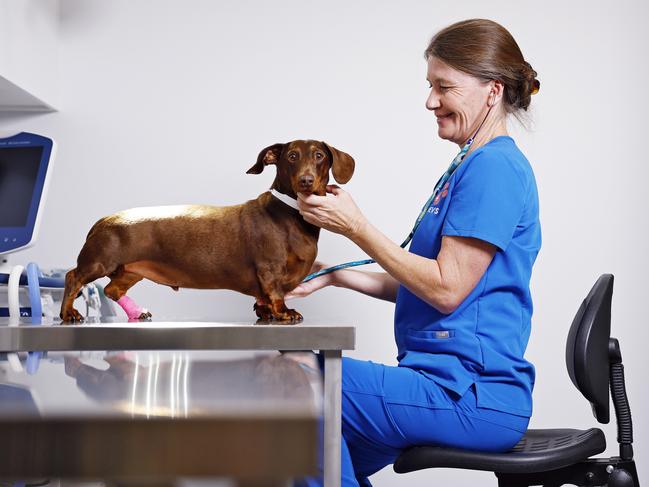
“I’ve had a client put a fist through the wall next to me,” Schipp says.
“I had one say if you don’t save this dog, you’re gonna basically kill my mother or my mother’s gonna take her life.”
The career she signed up for in the 1990s has changed dramatically. She has gone from a “glorified cleaner” who maybe “restrained a patient for a vet to take bloods” to now being the one who runs the pathology, monitors anaesthetics and performs X-rays and ultrasounds.
But while much more is expected of vet nurses from a medical and client perspective, the pay and recognition do not reflect that.
“They definitely don’t come into it for the money because when you actually look at our award wage, it is the same as a receptionist or you can compare it to working in hospitality,” Schipp says.
The vast improvements in animal health care, together with the greater human-animal bond and rise in expectations from pet owners, means people tend to keep their animals alive for longer and that emotional toll often falls on the nurses.
Schipp holds out hope for her future vet nurses and technicians that the current push for a national mandatory registration scheme (which already exists in Western Australia) is successful, and will increase rights and responsibilities among her profession, while helping to ease the pressure on veterinarians.
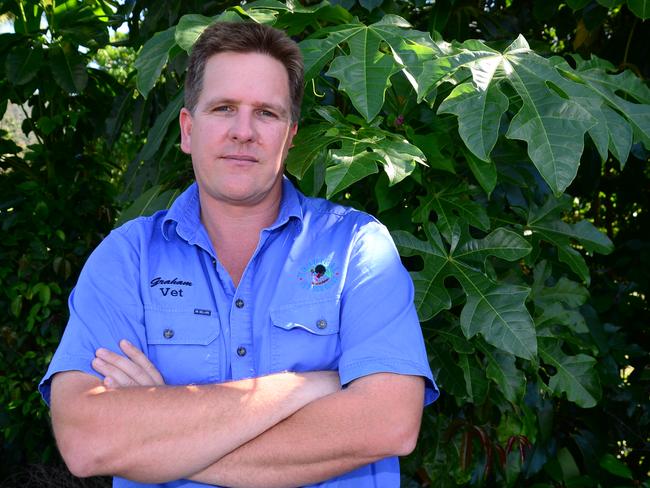
Dr Graham Lauridsen
Vet and director of Tropical Vet Services (Atherton, Qld)
Nowhere is that pressure felt more than in regional and rural Australia.
Just ask Dr Graham Lauridsen, who is a vet of 25 years and the director of Tropical Vet Services in Atherton near Cairns.
“The crisis is there. There’s a mental health crisis. There’s a shortage of vets crisis, which can spread into animal welfare issues,” Lauridsen says.
“There are definitely times where … we just can’t get to all the cases we need to in a timely manner.”
He runs one of nine Tropical Vet clinics across northern Queensland. They have 100 staff, including about 30 vets, but like everywhere, they need more.
“For the last 10 years, I don’t think I can say there’s a time where we’ve been fully staffed,” he says.
The lack of veterinarians keen to go bush has led to reduced services and clinic closures across the country, putting pets, livestock and biosecurity at risk.
“There are a few thousand vets not working in Australia who … if they were with us, things would be a whole lot nicer, but they’ve left because they were broken, and they had to leave, and you can’t get them back,” Lauridsen says.
“It can’t keep going this way. You’ll find towns without vets … and that’ll mean more stress on the people remaining, less people around to do the biosecurity work. It’s not getting better yet. It’s getting worse.”
He is doing what he can to recruit and keep staff; like offering them a four-day week, and training interns when he can. But it’s a challenge.
The federal government has been asked to help too.
There is a push for a debt forgiveness scheme – where the student debt of vet graduates who take jobs in rural and remote areas is wiped completely. It would put young vets thousands of dollars ahead and bring them into line with doctors and nurse practitioners who have been offered the same.
Other incentives have been suggested, including funded accommodation, travel subsidies, rural loadings and after-hours inducements.
Policy changes at the top is how that will be achieved, Lauridsen says: “Sure, I want more vets to work for me, but I just want more vets to work in rural areas, and so does the government.
“ We know that if we can get someone to come and work for us, they enjoy it. And they’ll stay. But you’ve got to get them here in the first place.”
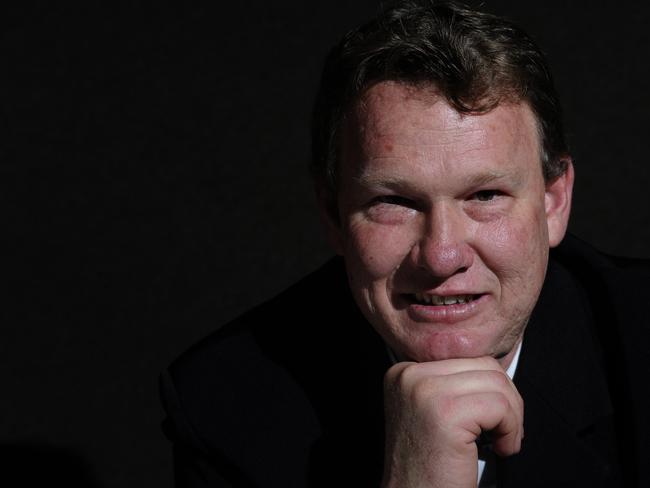
Dr Oliver Liyou
Equine veterinarian (Grafton, NSW)
Vets and vet nurses have suffered mostly in silence, but a brave few are speaking out about the mental health crisis that plagues their industry.
Dr Oliver Liyou says losing a vet mate to suicide, a couple of years after he attempted to take his own life, was a turning point for him.
“(I wanted) to speak up and to say we have a problem because he was a friend, but he was also a bit of a hero of mine; I thought he was invincible,” he says.
From his equine practice in Grafton, NSW, Liyou explains how he went from someone who didn’t recognise his own depression, to speaking nationally and internationally about it.
That was in 2011 and he admits he spoke out at a time when it was not the “done thing” and it was not easy.
His “watershed” moment came in 2015 at an international symposium in Brisbane when he realised the problem was “fixable”, but as the years have passed, Liyou has realised that while the passion and great ideas are there, conflicting agendas, sustaining energy and “funding to keep resources going” are the challenges.
“It takes so many years to try and implement change that they run out of gas,” he says.
Some have stuck around longer than others, but like the well-known charity Love Your Pet, Love Your Vet which folded in June, it is a loss when they can no longer go on.
“There needs to be a sustainable funded method where you just keep chipping away and chipping away at it,” he says.
While Liyou has watched programs, groups and passionate ideas come and go, he believes that right now there is momentum to truly address the crisis, unlike he has seen before.
“Now it’s a great opportunity for anyone who’s still got the energy to beat the drum. Now is the time to do it because there is attention. There’s media attention. There’s government attention.”
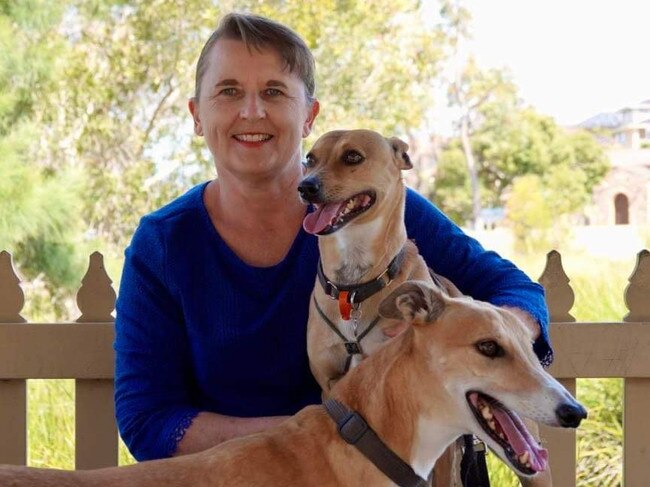
Dr Robyn Whitaker
Veterinary and Community Care veterinary social work advocate (Perth, WA)
There is no one magic bullet. A complex set of problems needs a complex set of solutions.
From governments, to industry, to the community and individuals, there is a role for everyone to help fix the vet crisis.
For Dr Robyn Whitaker that means supporting vulnerable pet owners with a strong human-animal bond and without accessible vet services.
“We’re not an animal welfare charity, we are actually a human welfare charity,” she explains of Veterinary and Community Care, the social enterprise she co-founded.
“We help the vulnerable community of humans with their animals, and we help the veterinary profession.”
After 30 years as a small animal vet, Whitaker realised the need for a link between the client and the vet clinic, who understands the human-animal bond.
Enter veterinary social workers.
“Veterinary social work is, in our opinion, that magic ingredient that will bring a huge amount of relief and be a big factor to the solution,” she says.
Vet social work is commonplace in the US but is fairly new to Australia.
They work with pet owners experiencing crisis, trauma or grief, and support them in high-emotion situations, like during quality-of-life discussions, euthanasia, and emergency medical treatments.
They also coach vet teams on empathetic communication skills, de-escalation strategies, and having difficult conversations.
The number of clients who are struggling, says Whitaker, is growing, particularly since the pandemic and that is having a “massive impact on veterinary professionals individually and the business model”.
“We try to keep costs down all the time because we are concerned about the impact that will have on the people who are least able to look after their animals,” she says.
VACC is fundraising to pilot a veterinary social work program in Western Australia, with the big goal to have the qualification established across the country.
She says hers is just one part to solving the vet crisis, but she says people need to have “confidence, trust and faith” in the ideas being trialled, “we are starting to get some traction, so you gotta keep telling them ‘hang in there, there’s stuff happening’.”
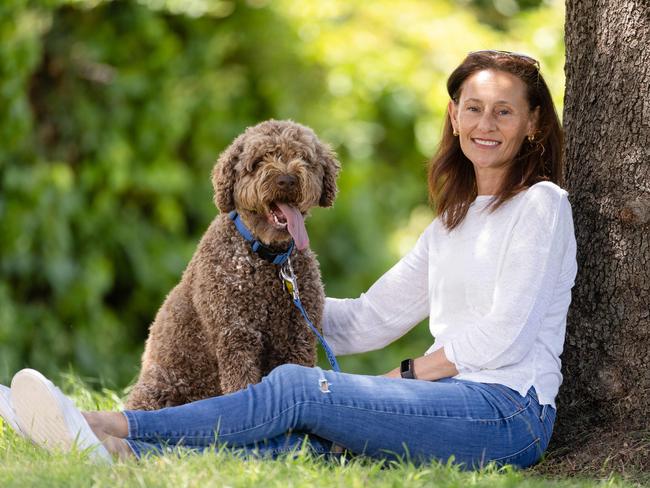
Dr Kristen Steele
Australian Veterinary Association senior advocacy officer (Melbourne, Vic)
Stuff is also happening within the peak industry body, the Australian Veterinary Association.
Dr Kristen Steele is part of the charge who is working “as fast as she can” to make a difference.
“I genuinely think we can fix this,” Steele says.
“I genuinely think that there is hope, without question, or I wouldn’t be here. I can see where we are going, and I honestly think that we will get there.”
As the AVA’s senior advocacy officer, it is her job to find answers, and her desperate drive for change stems from losing her veterinarian father to suicide 20 years ago.
“I’ve managed to find my position of purpose,” she says, choking back tears, “making these types of changes to give the families who have been affected an understanding that there was nothing they could have done … it’s a deep, long-term problem.”
For more than two years, Steele has been working to figure out the underlying cause, and she says that, fundamentally, the profession is in the private sector doing a whole lot of public good without the necessary support to meet expected obligations.
“There’s a lot of goodwill that’s being done out there, a lot of work for no pay,” she says, when it comes to treating wildlife, volunteering during bushfires and floods, and discounting vet bills for struggling clients.
Her focus is now on collecting data, to determine what it is that the AVA needs to address the many areas of concern, and importantly who they need to ask for what – governments, industry and the community.
The AVA has already launched its THRIVE program, which focuses on addressing mental health and wellbeing among veterinarians.
Steele says that is an important step, but there is much more work to do across many areas, which could include incentives for vet graduates to go bush, better pay for vets (who, on average, earn less than $100,000) and a public education around the value of the vet profession.
She stresses that vets are essential to our lives, “the touch points for the purpose of what vets do affects every single Australian. We will all be affected by food shortages, biosecurity, how Australian homes are able to run … meeting our responsibilities of animal welfare and indigenous wildlife. There is no option to not address the issues.”
On the way to lasting change
When I started investigating the vet crisis, the question I wanted to answer seemed straightforward.
What was pushing veterinarians to leave their dream career or worse, become so mentally unwell they were crippled by it and could no longer cope?
The further I went down the rabbit hole, and the more people I spoke to, the more apparent it became that the reasons are complex, layered and many.
Having spent many months among these animal doctors and nurses, I found them to be a private, professional and perfectionist group of people who, by and large, were suffering in silence.
Since releasing my eight-part investigative podcast, Sick As A Dog, I have heard from hundreds inside the profession, from across Australia, as well as New Zealand, the UK and Europe, who say they feel they are finally being heard.
Outside of that world, everyday people and pet owners have expressed shock at not knowing the problem even existed.
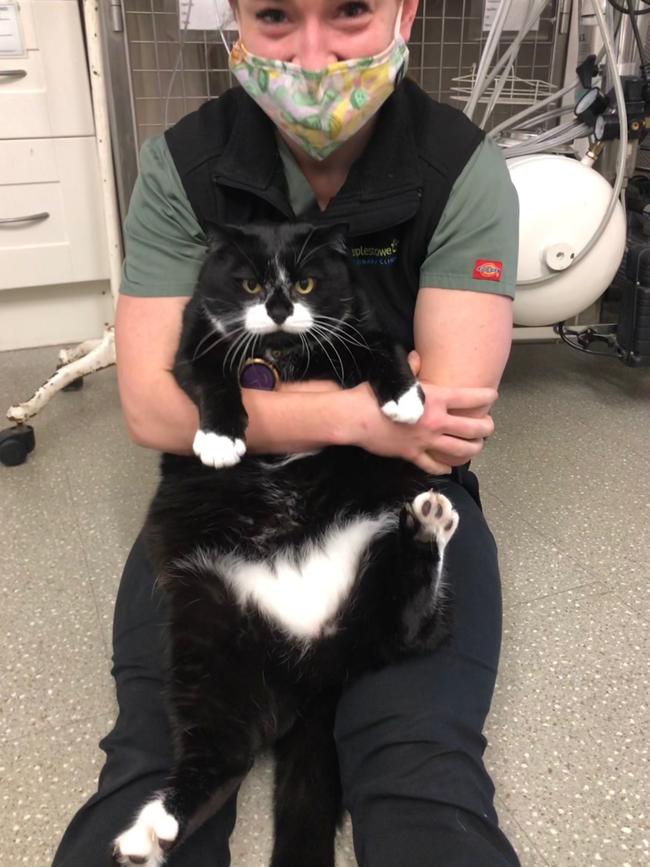
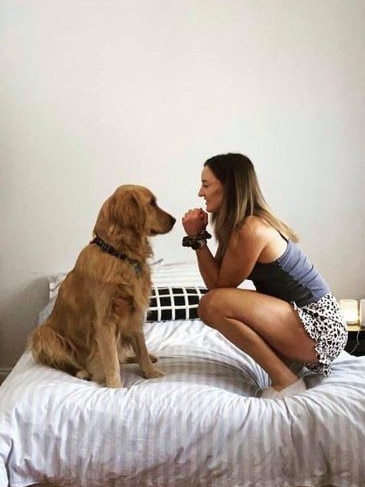
I have emerged though, feeling that the cry for help is being heard. There is momentum around the vet crisis and governments and the community are starting to listen.
Late in 2023, I appeared as a witness, along with Garry Putland, at a Parliamentary Inquiry into the Veterinary Workforce Shortage in NSW, with hopes any recommendations will not just inform that state, but all of Australia.
Following meetings we had with the South Australian government, Sophie’s Legacy was provided $25,000 in funding to support the “We’re Only Human” education campaign.
The hope is that more governments, including the federal government, take notice and jump on-board.
And while veterinary practices work to build a better mentally healthy workplace culture, the onus is also on pet owners and all Australians to show respect and kindness to the people who will do almost anything to save your furry, feathered or scaly best friend. ■

